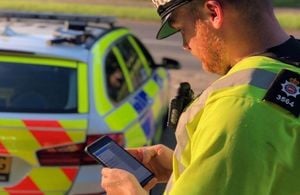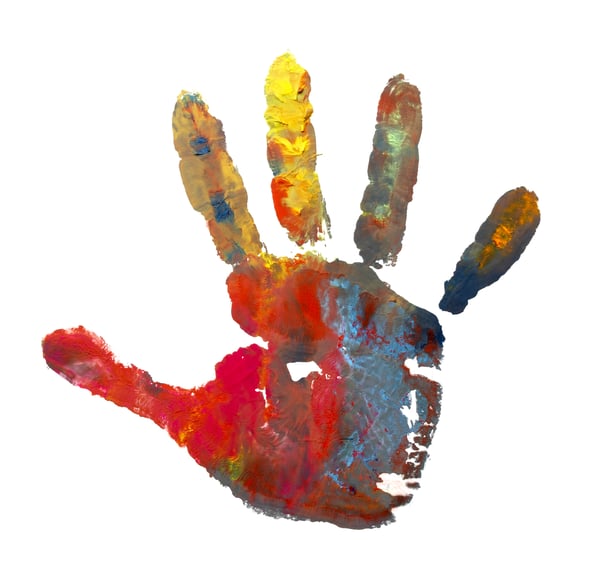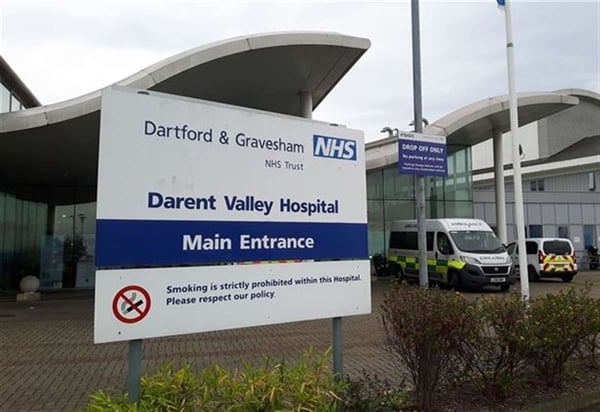NHS App sees 22m new registrations over the last year
The NHS App was used to book three million GP appointments and order over 16 million repeat prescriptions in the past year.
Latest figures published by NHS Digital also show that the NHS App has recorded more than 28 million sign-ups and over 22 million new registrations during the period spanning from June 2021 to May 2022. In addition, GP records were accessed more than 90 million times and 277,000 organ donations were registered through the app.
The NHS App launched in December 2018 and in 2021, it became the most downloaded free iPhone app in England coinciding with the launch of the NHS COVID Pass.
The app allows users to access a range of NHS services from a smartphone or tablet, including GP appointment booking and ordering repeat prescriptions. According to NHS Digital, there are plans to introduce new functionalities and features in the coming months.
Simon Bolton, Interim Chief Executive at NHS Digital, said in a statement: “The NHS App is a great example of how technology is being used to help patients take control of their healthcare in a convenient, secure and timely way. Millions of adults are now using the app every month to order repeat prescriptions, book GP appointments and view their GP records. It's great to see use of the app continuing to increase, helping millions of people access healthcare services across England directly from their phone."
The new plan for digital health and social care published by the Department of Health and Social Care in June has set a target of 75% of the adult population to be registered to use the NHS App by March 2024.
Continuing innovation in the NHS
Earlier this week, NHS Digital announced that it is running trials to explore how wireless technologies can support better healthcare delivery. NHS organisations considering the implementation of these solutions are being encouraged to apply for funding through the Wireless Centre of Excellence by 29 July.
Past NHS Digital-funded wireless trials include University College London Hospitals’ Find and Treat service, which uses high-tech tools and software to provide real-time remote diagnosis and referrals on board a mobile health unit. The service provides screening, testing and treatment for vulnerable, homeless and people at high-risk in London.
“Wireless technologies will continue to play an increasingly important role as the NHS looks to implement new models of care to allow patients to receive treatment at home or in mobile health settings,” said Patrick Clark, NHS Digital’s Director of Infrastructure Services.
“They will also help provide clinicians with access to data and digital systems wherever they need it. We are already seeing many of the benefits of cutting-edge wireless technology and innovation – from enabling real-time remote diagnosis in a mobile health unit to supporting live observations in the first 5G hospital in the UK.”
South London and Maudsley NHS Foundation Trust became the first 5G-connected hospital in the UK after going through a wireless trial that allowed clinicians to have access to digital tools such as the eObs app (eObservations). eObs enables the use of handheld devices to update patient records digitally and make live observations.
Clark added: “These projects are a step-forward in digital transformation and will bring an array of benefits, particularly for those least able to access healthcare and for digitally isolated hospitals and health centres. We look forward to working with successful trialists this year to further realise the benefits of wireless technologies and high-speed connectivity in improving healthcare.”





